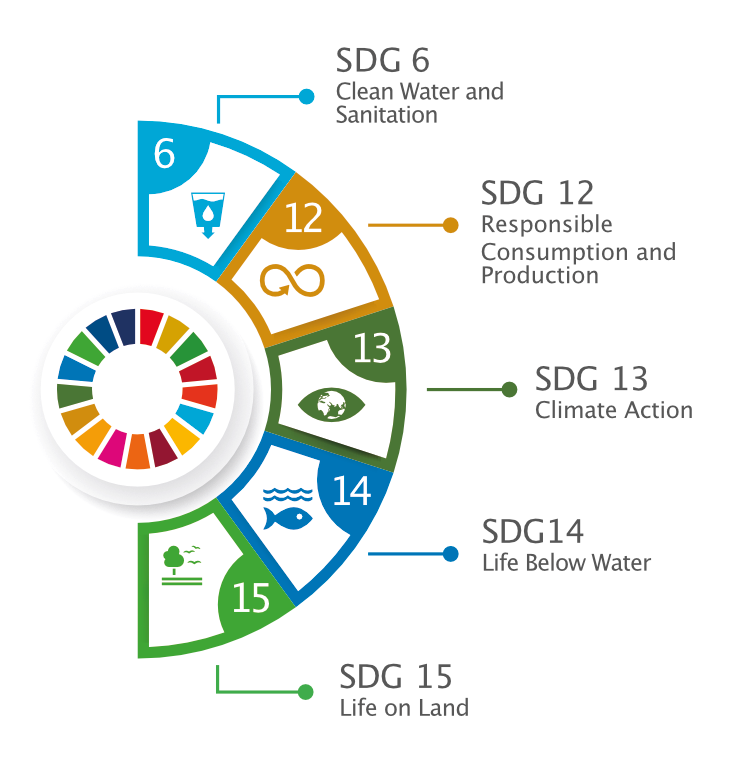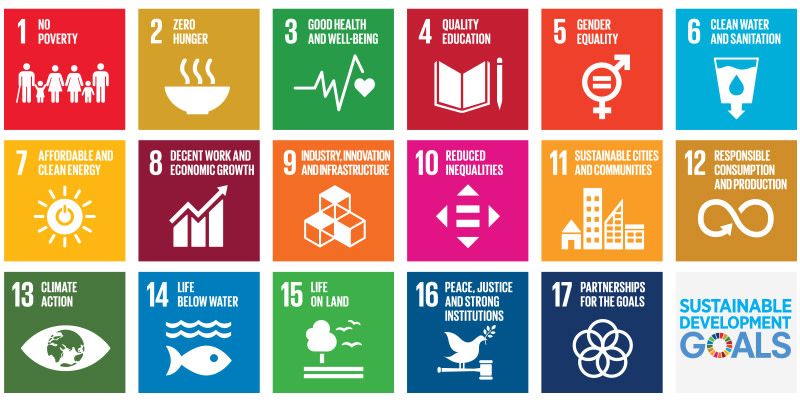The mission of the Green Helmets is to contribute to the fight against desertification and care for the environment, avoiding the degradation of ecosystems and contributing to the mitigation of climate change. Our first year of activity will be developed in the Autonomous Community of Andalusia (Spain), focusing on three fundamental aspects: training, microproject support and reforestation. Now we head to Meco in the Autonomous Community of Madrid.

The Green Helmets project began its journey in Andalusia, now it continues in Meco, a municipality in the Community of Madrid that is located at 669 meters above sea level, in the Campiña del Henares and the subregion of Alcarria de Alcalá, characterized by cereal landscapes and soft reliefs. It borders Camarma de Esteruelas, Valdeavero, Villanueva de la Torre, Azuqueca de Henares, Alcalá de Henares and Los Santos de la Humosa. Its climate is continental Mediterranean, with cold winters, warm summers and rainfall in spring and autumn. Its population exceeds 15,000 inhabitants.
The territory is crossed by the Cañada Real Galiana and has temporary wetlands such as El Listón and El Aristón, of interest for bird watching. It is home to species such as bustards, kites, eagles, storks and kestrels, as well as hunting fauna and sheep, goat and horse farming. Olive groves and a small forest close to the urban center are preserved. Among its natural values, the cereal steppes and the biodiversity they host stand out.
Thanks to the Microsoft Community Fund for Madrid 2025, which is promoted by Microsoft's Community Relations area and is managed by the NGO ChangeX. We have achieved financing for this educational, environmental and social project in one of the municipalities where the company's data centers operate in Madrid.
MECO CONSOLIDA SU LIDERAZGO EN SOSTENIBILIDAD LOCAL CON LA PARTICIPACIÓN DE 200 ALUMNOS EN EL PROYECTO “CASCOS VERDES”
The Green Helmets project will begin its journey in Andalusia, a region that covers an area of 87,268 km², equivalent to 17.3% of the Spanish territory, making it comparable to many European countries, both in terms of surface area and internal complexity. It is the most populated autonomous community in the country, with 8.4 million inhabitants in 2020 and the second largest.
Andalusia is a mosaic of unique landscapes that have been recognized, starting from the first autonomous law of natural areas (1989), for its ecological, historical and cultural values.
After more than 30 years of commitment to the conservation of this natural heritage, Andalusia maintains one of the most important natural heritages in Europe. With 2.9 million hectares, Andalusia has become the autonomous community with the largest protected area in Spain, surpassing in extension the total area of some European Union countries, such as Slovenia and Cyprus, Malta and Luxembourg.
Green Helmets is an educational project that aims to train young people and adults so that they can propose and implement their own nature conservation projects. All participants who complete the training will receive a certificate from CIFAL Malaga - UNITAR, in recognition of their contribution to the fight against climate change and the protection of the environment.
During the first year, the Green Helmets program will select and finance 10 micro-projects of nature-based solutions from among those submitted by students in Andalusia after completing the training.
Subsequently, the project could be scalable to other Spanish regions and other countries, in collaboration with public and private institutions whose financial and logistical support could contribute to replicating the initiative in the five continents.
Objectives met in 2023
![]() Almost 4,000 schoolchildren from Andalusia of Andalusia between the ages of 11 and 18 through our virtual training classroom, on topics related to the Sustainable Development Goals (SDGs) of the 2030 Agenda and sustainability.
Almost 4,000 schoolchildren from Andalusia of Andalusia between the ages of 11 and 18 through our virtual training classroom, on topics related to the Sustainable Development Goals (SDGs) of the 2030 Agenda and sustainability.
![]()
![]()
![]()
![]()
![]()
![]()


Participation in all activities is free of charge
Activities:
![]()
![]()
![]()
![]()
![]()
![]()
![]()
![]()
![]()
![]()
![]()
![]()


Training and capacity building:
CIFAL Malaga-UNITAR has created a virtual classroom designed to train young students, trainers and all those interested in the field of environmental sustainability, who want to become familiar with the development and implementation of projects in the field.
Nature-based solutions projects:
Those students from Meco who complete the training will be invited to join a microproject competition. We will fund two microprojects in the region, with a contribution of €1,000 each.
Only nature conservation and restoration projects will be funded, e.g. reforestation, river or beach clean-up, biodiversity conservation, etc. All projects must include a partnership with a local NGO.
In order to submit a microproject, it is necessary to complete the training course.
Reforesting Life:
Green Helmets' first major reforestation project took place between 2023 and 2024 in the Sierra Bermeja region, a mountain range in the southwest of the Ronda mountain range in Spain. This area lost much of its trees due to a recent wildfire, affecting 8,400 hectares.
The reforestation project will aim to mobilize more than 2,500 volunteers from the region during the reforestation days, to work on the reforestation of 5,000,000 m2 (500 hectares) of the damaged area, with 90,000 seedlings of native species such as cork oak, carob and pine, among others.